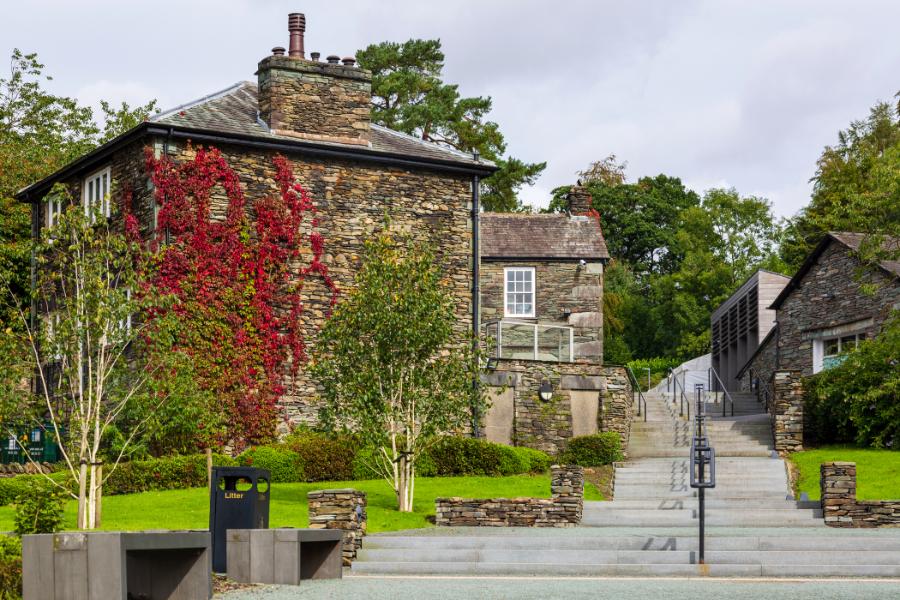BSc (Hons) - Animal Conservation Science
Are you passionate, engaged and want to protect animals and their habitats? We are here to help, with an animal conservation degree designed by researchers renowned for their expertise in the science of wildlife conservation.
You will live, learn and study in the Lake District surrounded by rare and charismatic species – including ospreys, red and roe deer, otters, red squirrels and Atlantic salmon – in a diverse range of ecosystems and habitats, including Atlantic oak woodlands (Britain’s own rainforest).

Course Overview
Here at our Ambleside campus, you will have access to new laboratories and excellent equipment including camera traps, to help you in your studies. Optional modules will enable you to customise your course to ensure it gives you the skills you need to become a wildlife conservationist, animal conservationist, or develop a career in a related field. You will be able to get involved in conservation research and go on an international field trip to learn about wildlife conservation in less-developed countries. Our strong links with wildlife conservation organisations – both in the UK and abroad – will provide you with excellent work placements, volunteering opportunities and job prospects.
On this course you will...
- Benefit from the only UK conservation degree taught inside a national park. This provides you with easy access to charismatic wildlife and diverse and distinctive habitats and ecosystems.
- Be taught by experts in wildlife conservation, each with a strong research portfolio in the conservation of animal species and their habitats.
- Enjoy small class sizes which allows us to provide a personal approach to teaching and student support.
- Have the opportunity to gain hands-on experience in species reintroduction as part of your degree, with a conservation team that is actively involved in the reintroduction of endangered wildlife species in Cumbria.
- Study in a vibrant community within the landscape of the English Lake District. This provides amazing recreational opportunities and you will live and breathe conservation.
What our students say
-
![Lucy Gunson, Animal Conservation Science]()
There is nowhere else I would rather be and no better place to study conservation than the heart of the Lake District. The tutors have a huge range of knowledge and experience that they are happy to share.
Lucy Gunson, Animal Conservation Science
Lucy talks about why she choose Animal Conservation Science.
2022 Field Trip to Shetland Islands






Location
Ambleside Campus
Nestled in the Lake District National Park, a UNESCO World Heritage site, the Ambleside campus is the perfect place for world-savers, animal lovers, and adventurers. There is never a dull moment when surrounded by such natural beauty and opportunity.
Find out more
Find out more about studying with us
Attend an Open Day at Cumbria
An Open Day is your opportunity to explore one of 5 campuses, meet your lecturers, and find out how the University of Cumbria could become your new home.






